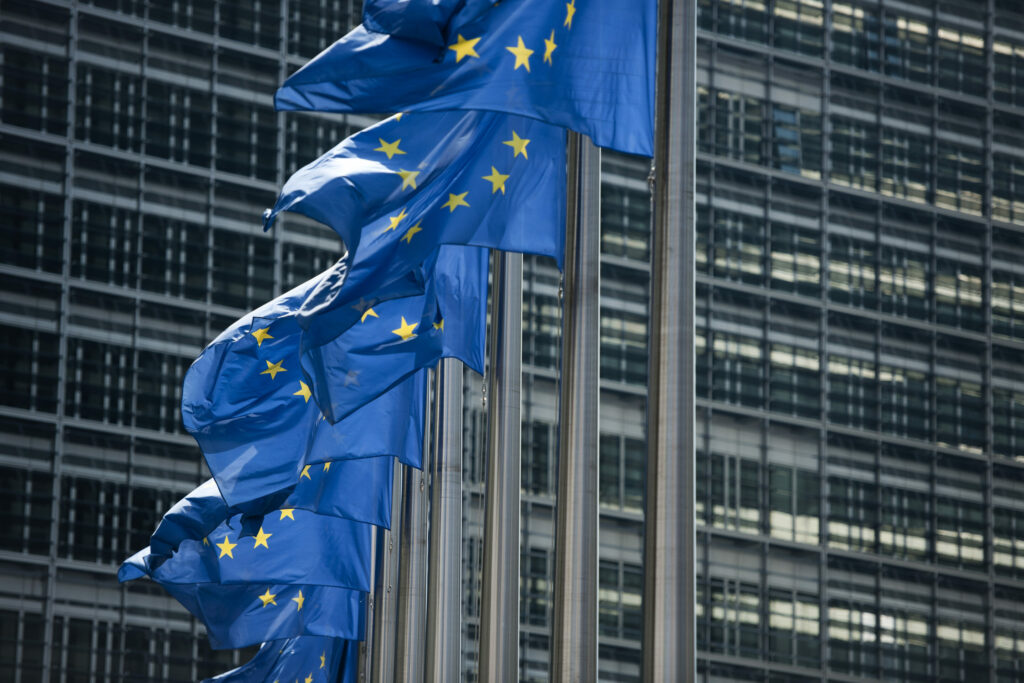The European Commission initiated a process on Wednesday to revise the European Union’s (EU) policies to facilitate future expansion. It’s recommended a structure of gradual inclusion for new states, designated as "reversible".
The aim is to extend certain privileges and responsibilities associated with EU membership before full integration. This "gradual integration" is meant to be "merit-based and reversible", as outlined in the Commission’s statement published Wednesday.
The Commission wants to ensure both the EU and prospective members are comprehensively prepared for enlargement. Past accession waves since 2004 involved multi-year transition periods, allowing member countries to limit job market accessibility for citizens of new member states. However, these periods were irreversible as new member states were already fully integrated and restrictions were set to lift at a designated time.
In addition to labour market access, expansion could further complicate the EU’s decision-making process, if not reformed. It would also lead to fresh allocations of agricultural subsidies and socio-economic convergence, sensitive issues in the European capitals.
Further concerns involve upholding the rule of law and fundamental values in new member states; all areas requiring extensive groundwork.
Maros Sefcovic, Vice-President of the Commission, argued that enlargement is beneficial for all of Europe and is a process that has given the EU the world’s largest single market. "It has initiated trade and financial flows, hence contributing to economic growth in the EU and adhering countries and strengthening the EU’s global standing."
The Commission’s revised approach offers increased opportunities for gradual integration of expanding countries into certain EU policies, even prior to their formal accession However, complete EU market access would require "full adherence to a unique and comprehensive set of rights and obligations, which cannot be à la carte”, according to the Commission.
The Communication paves the way for in-depth revisions of EU policies, commencing early next year.
Current candidates for EU accession include Ukraine, Moldova, Georgia, Albania, and former Yugoslav republics Serbia, Montenegro, North Macedonia, and Bosnia-Herzegovina. Turkey is officially a candidate, but negotiations have been stalled.

